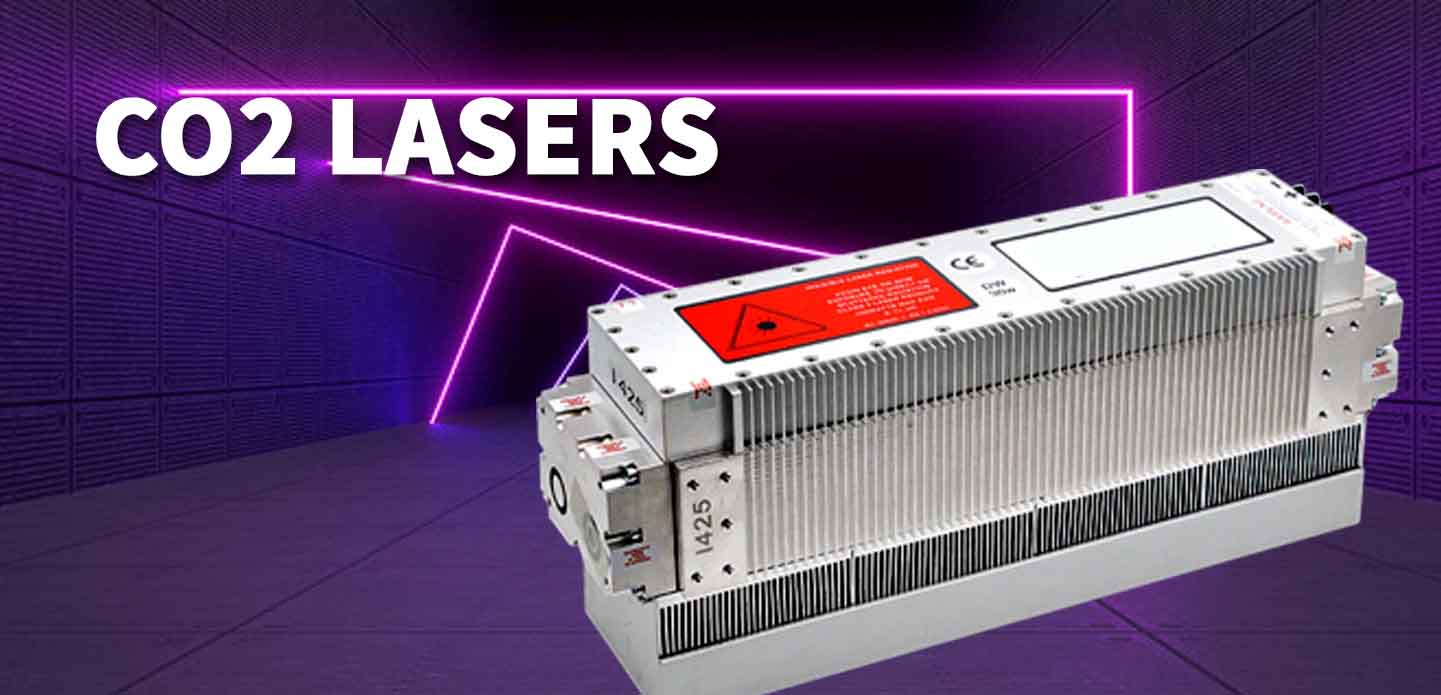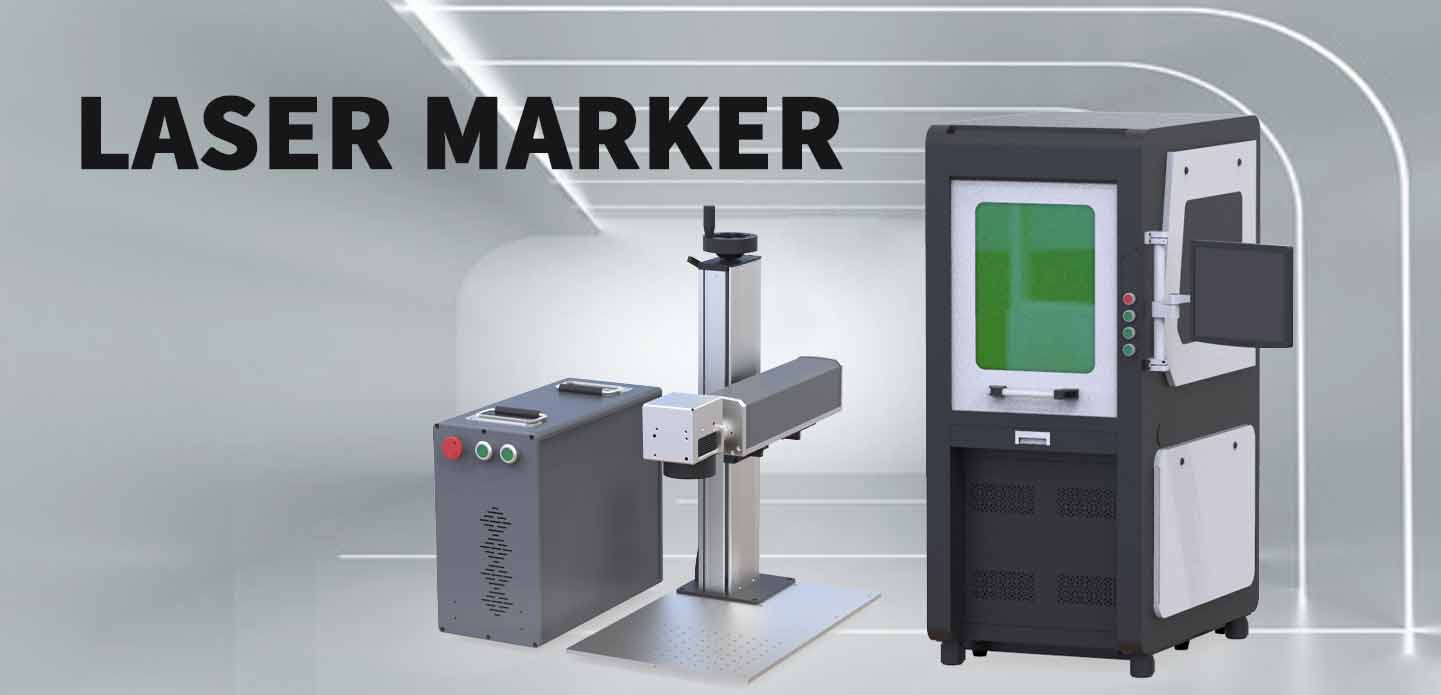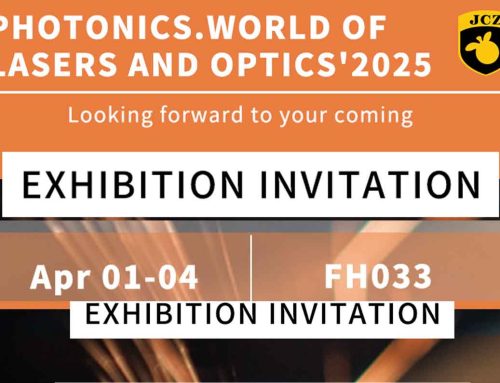Introduction
CO2 lasers are among the most versatile and widely used laser systems in both medical and industrial applications. Whether for CO2 laser resurfacing in skincare, CO2 laser treatment for various medical conditions, or in industrial applications such as CO2 laser engraving, these lasers offer precision, efficiency, and high performance. This article will explore the uses and benefits of CO2 lasers in both medical and industrial settings.
CO2 Laser Resurfacing
CO2 laser resurfacing is a popular skin rejuvenation treatment that uses a high-energy beam of light to remove damaged skin layers, stimulating collagen production and revealing smoother, more youthful skin. This procedure is commonly used to treat a variety of skin issues such as wrinkles, scars, and uneven skin texture.
The process works by targeting the outermost layer of skin, vaporizing it, and allowing new, healthier skin to grow. Because it promotes collagen production, CO2 laser resurfacing can lead to long-lasting improvements in skin elasticity and firmness.
CO2 Laser Treatment
CO2 laser treatment extends beyond cosmetic use and is applied in medical fields for conditions such as warts, scars, and skin tumors. Its precision allows it to target specific areas without damaging surrounding tissue, making it ideal for delicate procedures, particularly in dermatology and surgery.
In addition to skin conditions, CO2 laser treatment is used in procedures like gynecological surgeries, removing precancerous tissues, and even treating some types of cancers. The accuracy and reduced recovery times compared to traditional surgeries make it a preferred method for many medical professionals.
CO2 Laser Engraving
In the industrial domain, CO2 laser engravers are used for marking, cutting, and engraving a wide variety of materials, including wood, plastic, glass, and metals. This non-contact engraving method offers extreme precision, making it ideal for creating intricate designs, logos, and labels on products.
CO2 laser engravers can work at high speeds, increasing productivity in industries such as manufacturing and custom design. The technology is widely adopted in the automotive, electronics, and jewelry sectors, among others.
One of the advantages of CO2 laser engraving is its ability to create high-quality marks without any wear on the machine itself, as the laser beam does not physically contact the material.
CO2 Laser Technology Benefits
- Precision: Whether for medical treatments or industrial engraving, CO2 lasers offer exceptional precision. They can accurately target areas as small as a few microns in size.
- Versatility: From treating skin conditions to engraving metal or cutting complex shapes, CO2 lasers have diverse applications.
- Reduced Downtime: In medical procedures, CO2 lasers promote faster healing, while in industrial use, they minimize the need for maintenance.
- Minimal Damage: In medical uses, CO2 lasers minimize damage to surrounding tissue. In industrial applications, they produce clean cuts and marks with minimal material waste.
Conclusion
CO2 lasers play a crucial role in both healthcare and manufacturing. The versatility of CO2 laser resurfacing for skin treatments, combined with the high efficiency of CO2 laser engravers in industrial applications, demonstrates the wide-reaching impact of this technology. As advancements continue, these lasers are likely to expand into new applications, improving precision, productivity, and outcomes in various fields.
由用户投稿整理稿件发布,不代表本站观点及观点,进行交流学习之用,如涉及版权等问题,请随时联系我们(yangmei@bjjcz.com),我们将在第一时间给予处理。







